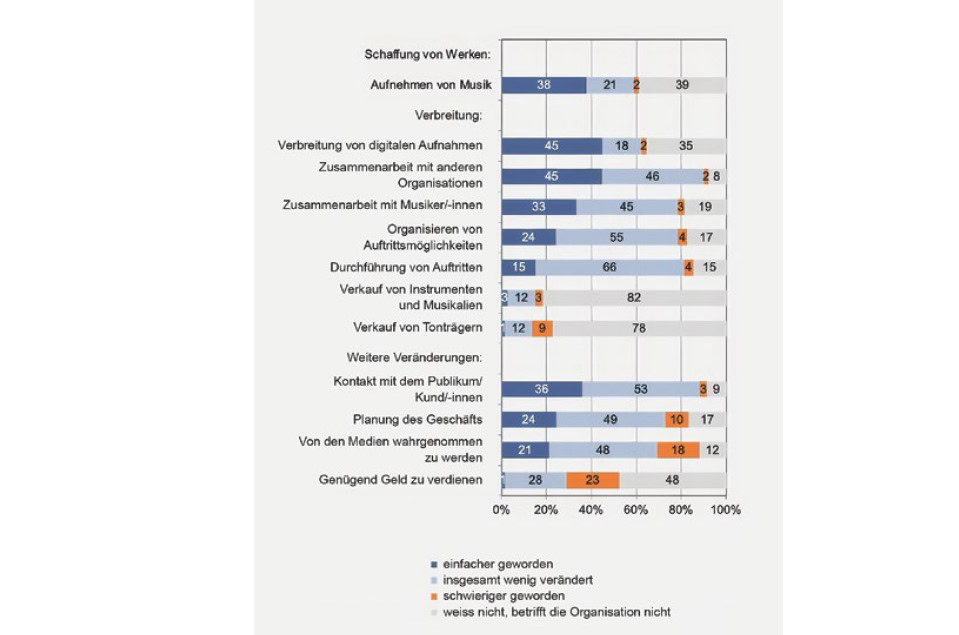Swiss Yearbook: Identity and Creativity
The current issue of the Swiss Yearbook of Musicology completes the trilogy on "Music in times of crisis".
What role does music play in times of personal crisis? How do you deal with creative crises? And how are identity crises portrayed in music? These and other fascinating questions are explored in the latest volume of the Swiss Yearbook of Musicology, which has just appeared as the third publication in Golden Open Access format. The four editors Margret Scharrer, Vincenzina Ottomano, Lea Hagmann and Laura Möckli, who are at home in very different areas of musicology (historical musicology, music theater studies, ethnomusicology), thus complete their trilogy on the topic of "Music in times of crisis".
The terms "crises" and "music" are broadly defined. The first volume of the trilogy (vol. 38, 2021) dealt primarily with pandemics (Covid-19, AIDS) as a reaction to the Covid-19 pandemic, while the second volume (vol. 39, 2022) was dedicated to conflicts and wars (Belliphonia, SARS, border conflicts, etc.). In their introductions to the current volume Identity and creativity (vol. 40) write the editors:
Crisis situations are an integral part of human, social, scientific and artistic experience. Although they are exceptional situations, they can be found everywhere, not only in areas ravaged by famine, war and disease, but also in affluent societies. Crises manifest themselves in a wide variety of forms and are perceived and managed in different ways. (SJM, vol. 40, p. 7)
The main article in the current volume by Naomi Matsumoto (Goldsmiths, University of London), Representing Insanity and the Crisis of Identity through Henry Purcell's "Bess of Bedlam" deals with Henry Purcell's ballad Bess of Bedlam (1683), which Matsumoto uses as an example to illustrate how the concept of madness was portrayed in the 17th century in a song genre known as "mad song". Another article by Florian Besthorn examines "You peoples are learning to live dangerously". On the road to peace with disaster music? Jörg Widmann's oratorio Arche in relation to the themes of faith, divinity and personal responsibility, and asks how a society can find new answers to the question of a fairer world in times of crisis. Martin Pensa's article Seeing the world in a new light - Gustav Mahler's late work as a symptom of a personal crisis? takes a closer look at Gustav Mahler's late work and the complicated connections with the composer's personal crisis in 1907 - when he lost both his daughter Maria Anna and his position as director of the Vienna Court Opera and at the same time learned of his terminal heart failure.
In addition to the three main articles, authors in the "Contemporary Witnesses" section deal with other aspects of identity and creative crises, for example in an interview with composer Manuela Kerer, in a conversation with director Alexander Nerlich, in the project Music as Empowerment, which uses sound projects to overcome language barriers between Swiss researchers and young refugees in the canton of Lucerne, or in the stage production by Lea Luka Sikau and Nat Jobbins, which deals with mental health, queerness, madness, failure and creation processes. The "Werkstatt CH" section completes the volume with reports on current musicological projects at Swiss universities and colleges, as well as conference reports and book reviews.








